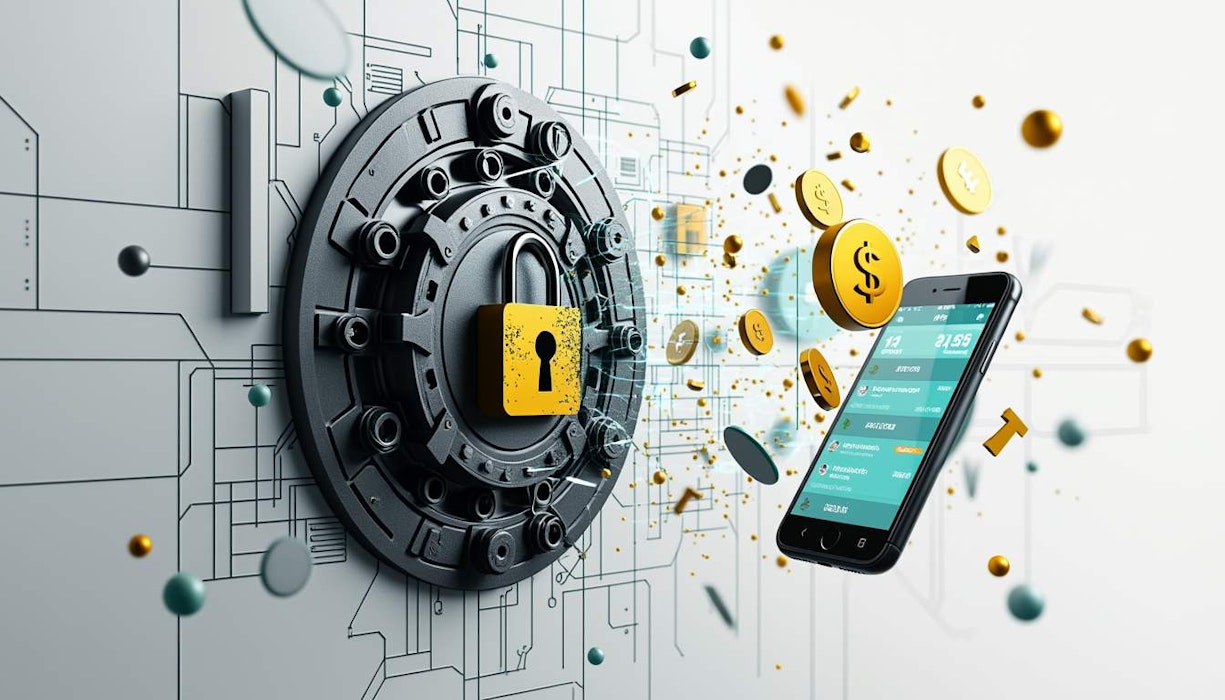Solana just had a pretty wild security incident. They had a breach in their ecosystem, and the SOL token is still holding strong. Let’s unpack this situation and see what it means for safe crypto platforms.
The Security Incident
Solana's ecosystem faced a serious challenge when two versions of the @solana/web3.js library were found to have malicious code that could leak private keys. Thankfully, the community was quick to react, and the impact was contained, with major platforms remaining largely unaffected.
Community Response and Market Reaction
Who Got Hit?
Apparently, the attack was focused on unauthorized access to a publish-access account for the web3.js library. They say the attack window was pretty tight, lasting about five hours on December 2, 2024. The malicious versions were set to drain funds from applications that handled private keys directly.
Market's Take
What’s interesting is how the SOL token has been reacting. It's appreciated by 4.0% in the last 24 hours, and even more in the last week and month. Seems like the market is confident in the ecosystem’s ability to manage security threats.
Big players in the Solana ecosystem were quick to respond, reassuring users about their security status. Phantom Wallet confirmed they never used the compromised versions of the library. Other wallets and platforms also confirmed they were unharmed.
It’s worth noting that non-custodial wallets were relatively safe because they don’t expose private keys during transactions.
Lessons for Safe Crypto Platforms
Supply Chain Security
This breach shows just how critical securing the software supply chain is. An attacker accessed a publish-access account and published malicious versions of the library that could steal private keys.
- First, you've got to make sure you have secure access. Control who has publish rights to prevent unauthorized changes to key libraries.
- Regular audits are crucial. You've got to be able to spot and respond to anomalies quickly.
- Educate your developers about the risks of supply chain attacks and how to verify dependencies.
Authentication and Authorization
The breach also highlights the need for robust authentication and authorization mechanisms.
- Multi-factor authentication is a must.
- Secure key management should be non-negotiable.
Secure Coding Practices
Then there's the code. The incident underscores the importance of secure coding practices.
- Make sure accounts are closed properly to prevent them from being revived and reused maliciously.
- Regular code reviews and audits can help.
Incident Response and Communication
Effective incident response and clear communication can lessen the impact of a breach.
- Always disclose any security incidents quickly to users and developers. Give them instructions on how to mitigate risks.
- Take swift action to contain the breach.
Legal and Regulatory Preparedness
Don’t forget the legal stuff. Be ready for legal and regulatory implications.
- Clear terms and conditions are essential. They outline the governing law and dispute resolution provisions.
- Know the legal jurisdictions your platform operates in.
User Education and Support
Finally, educate your users and make sure support is available.
- Promptly alert users about potential risks and guide them on protecting their assets.
- Establish robust support mechanisms.
Summary
Solana's recent security breach is a stark reminder of both the vulnerability and resilience of the crypto ecosystem. The swift community response and market resilience show that with the right practices in place, it’s possible to manage security threats effectively.
